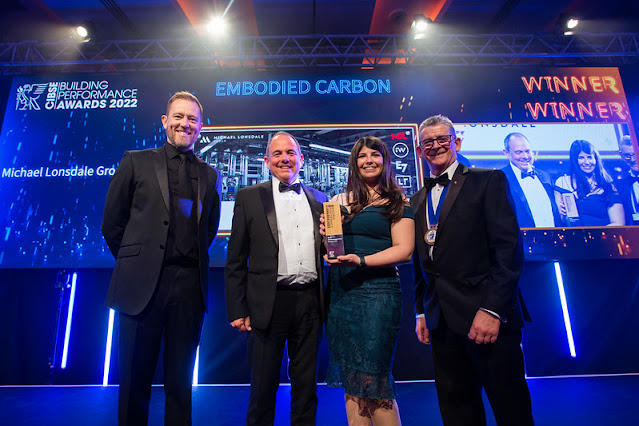A Career as a District Heating Engineer
As part of the Young Energy Performance Group's (YEPG) “Career in Building Services” series, today we meet Tom, who is discussing District Heating Engineering. If you have any questions, please get in touch at yepg@cibse.org
Tom Burton studied Chemical Engineering at the University of Cambridge and graduated in 2018. He joined the FairHeat graduate the scheme in October that year and has been working on the graduate scheme there as a heat network engineer. Tom serves as the Technical Officer of the YEPG steering the committee, helping to organise discussion and network events and responding to consultations of key legislation.
What do district heating engineers do?
District heating is the process of distributing heat from a centralised energy centre to residential and commercial users, providing energy for heating, hot water and cooling. This is a key technology highlighted by the government to decarbonise the UK heat sector and help meet the net-zero 2050 target. Engineers in this sector analyse energy strategies and contribute to the detailed design and commissioning process, to ensure that new heat networks can achieve the intended carbon savings.
Tell us a typical challenge of your work.
Heat networks have historically suffered from a performance gap between design and operation, due to a range of issues throughout the development process. A large part of my role includes helping clients to manage the commissioning process, ensuring that heat networks operate as intended and deliver reliable and affordable heat to residents. A key part of this is through the FairHeat Acceptance Testing process, which involves testing and verifying the operation of all Heat Interface Units (HIUs).
I have also spent a year in our Operations team, which focuses on the performance of existing heat networks, as part of the graduate scheme. During that time I used data to determine the cause of poorly performing networks. This analysis is used to create business cases to show the value in taking measures to improve network efficiency.
Why did you choose this role?
As heat networks are a key technology for decarbonisation, this industry is growing rapidly – 2% of UK homes are currently supplied by heat networks and this is expected to grow to 18% over the next 20 years. It is, therefore, really an exciting time to join this industry, and I feel I can help to shape the industry in the years to come.
Furthermore, I am excited to be part of FairHeat, as the company has a unique insight into heat network performance in the UK. This means I get to work on a lot of high-profile projects with some of the biggest housing developers in the UK.
Chemical engineering is not often associated with building services (I only discovered this sector when applying for jobs!), but the skillset that you develop is perfectly suited to heat networks and building services in general. This is also the case for many other engineering disciplines which are more commonly associated with the section (mechanical, building services and environmental for example).
CIBSE membership is free for full-time students
As a member, you gain access to the CIBSE Knowledge Portal, an online library giving you unlimited downloads of guidance and publications. CIBSE also has a Young Engineers Network (YEN) designed to support engineers in the early stages of their career. Find your local YEN region.
If you want to change the world, join us!


.png)


Comments
Post a Comment